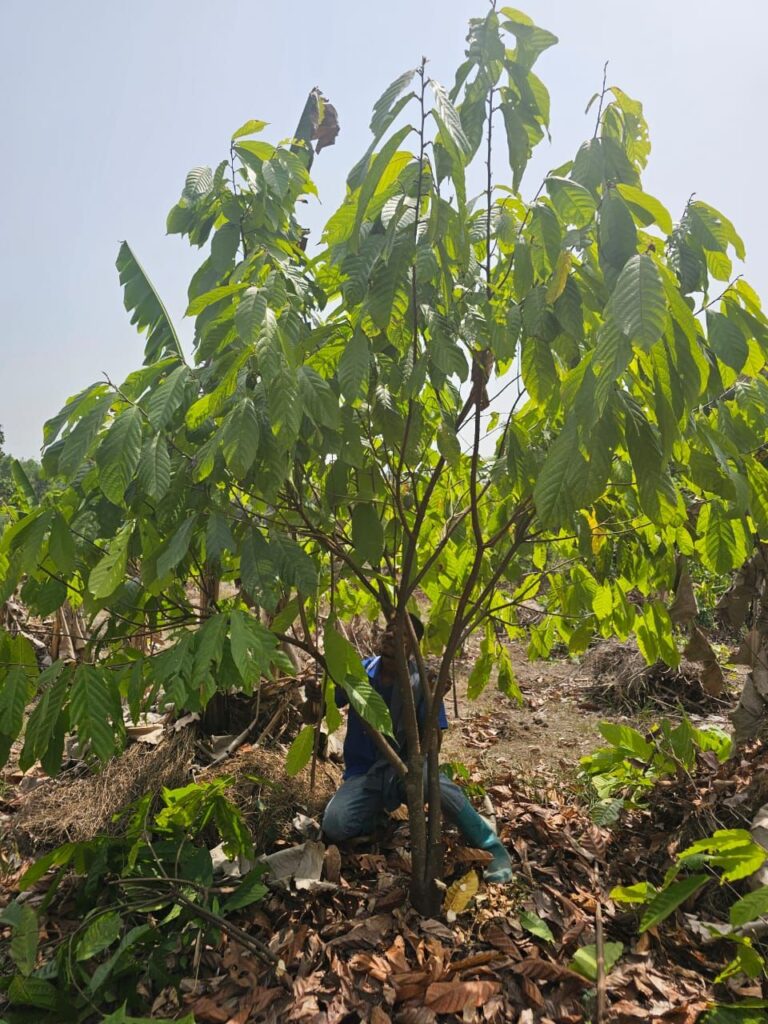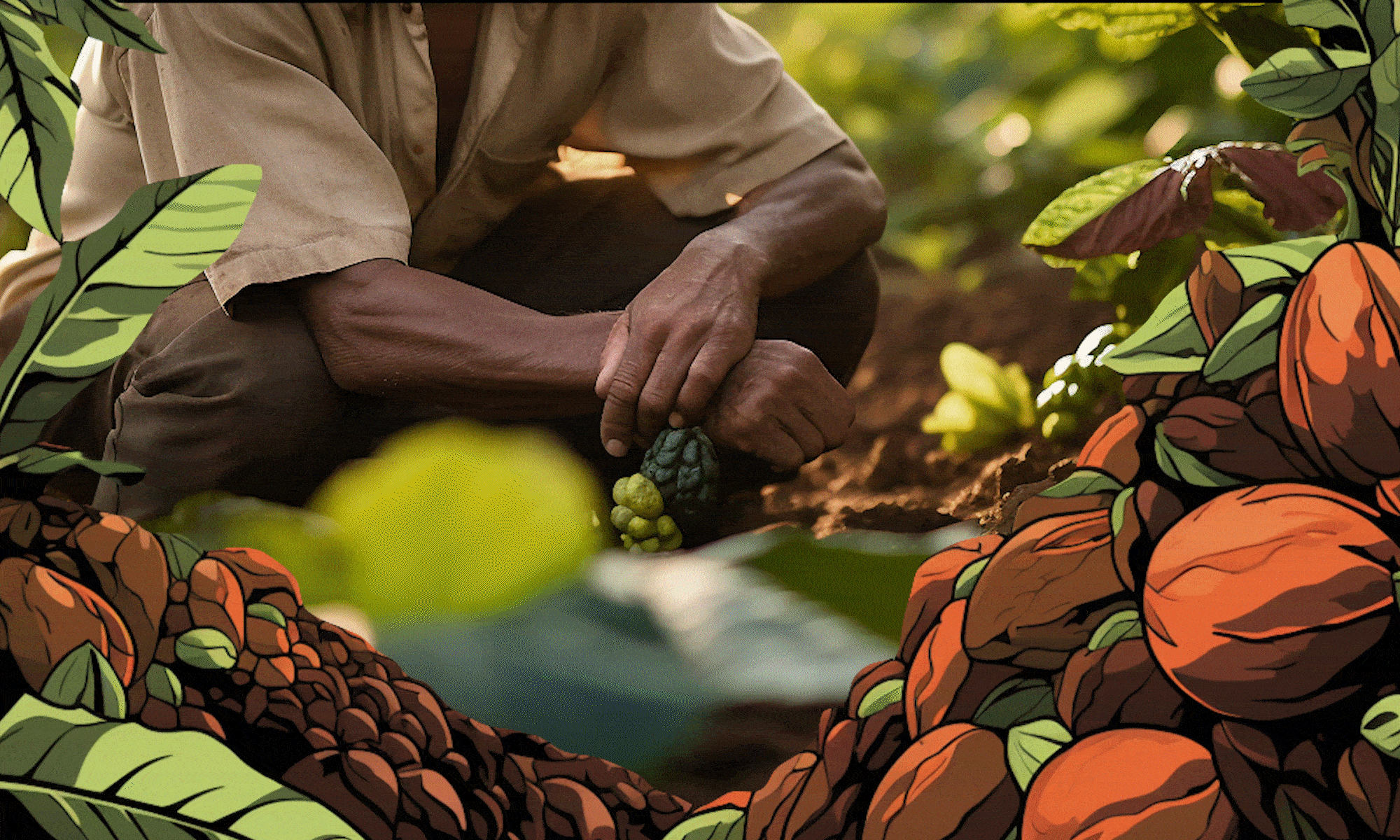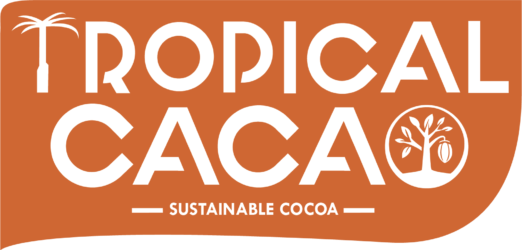
From the lush rainforests of West Africa to the hands of conscious chocolate lovers in the world, a quiet revolution is underway. It begins with a cacao pod—and ends with a purpose.
A Story of Roots and Regeneration
Liberia, a country known for its resilient people and rich natural landscapes, is now making waves in the world of fine chocolate. At the heart of this transformation is Tropical Cacao—a Liberian brand redefining what it means to produce ethical, sustainable chocolate from the ground up.
In a world flooded with mass-produced confections, Tropical Cacao stands apart—not just for its taste, but for its truth.
Fermented vs. Unfermented Cacao: Why It Matters
You’ve seen it on labels: “raw,” “fermented,” “single-origin.” But what do these words really mean?
The fermentation process is a natural, traditional method used in cacao farming to enhance flavor. It involves allowing the cacao beans, still in their pulp, to ferment in wooden boxes or banana leaves for several days. This unlocks complex notes like fruit, nut, and spice, forming the flavor base of your favorite chocolates.
Unfermented cacao, by contrast, is dried without this microbial transformation. While it retains more antioxidants and has a more bitter, earthy flavor, it lacks the depth of taste that defines gourmet chocolate.
At Tropical Cacao, we do both—but with intention. Our fermented cacao is used to craft smooth, full-bodied chocolate bars that awaken the palate, while our unfermented cacao is celebrated in wellness and raw food circles for its natural purity.
Why U.S. Consumers Should Care
Taste with Transparency: Every bean is traceable to the village where it was grown—ensuring ethical sourcing and fair wages.
Health + Heritage: You get real, minimally processed chocolate—rich in polyphenols, with no hidden additives.
Support Regenerative Farming: By choosing Tropical Cacao, you support climate-smart agriculture that restores soil and protects Liberia’s rainforest ecosystems.
Cacao Farming in Liberia: A New Era of Opportunity
Liberia’s fertile soil and tropical climate make it an ideal home for cacao trees. But for decades, local farmers were left out of the global market, underpaid and undervalued.
Tropical Cacao is changing that. We work directly with farming families to:
Improve post-harvest practices (especially fermentation and drying)
Train youth and women in agroforestry and entrepreneurship
Build infrastructure like solar dryers and fermentation boxes
Develop local value chains so more chocolate is made in Liberia, not exported as raw commodity
Liberian Chocolate, Crafted with Pride
Every bar of Tropical Cacao chocolate is more than a treat—it’s a symbol of Liberia’s potential. Made in micro-batches, our chocolate showcases the region’s natural terroir: floral, fruity, bold.
We don’t white-label or outsource. We brand it with pride: “Grown in Liberia. Made in Liberia.” That matters.
The Sustainable Chocolate Consumers Deserve
As American buyers become more conscious of their impact, Tropical Cacao meets the moment with chocolate that checks every box:
Organic Practices (without the certification cost burden on farmers)
Zero Child Labor
Plastic-Free Packaging
Rainforest Alliance-aligned values
Transparent Direct Trade (no middlemen, no mystery)
Education, Not Just Indulgence
Tropical Cacao isn’t just about selling bars—it’s about building knowledge. That’s why we’ve published educational resources on topics like:
The Difference Between Fermented and Unfermented Cacao
The Supply Chain Economics of Chocolate
Climate Change and Cacao Farming
How Cacao Can Break Cycles of Poverty
These articles aren’t SEO fluff. They’re based on real experience, written from the perspective of a Liberian-led brand creating change on the ground.
From Liberia to the World: Why This Story Must Be Told
Too often, African cacao is hidden behind European branding. The farmers grow it. The West reaps the credit.
We’re reversing that.
By building a Liberian chocolate identity, Tropical Cacao ensures that African voices are at the forefront—not just as laborers, but as brand owners, storytellers, and innovators.
We invite chocolatiers globally to be part of that story. Because the future of chocolate is African. And it’s already here.

